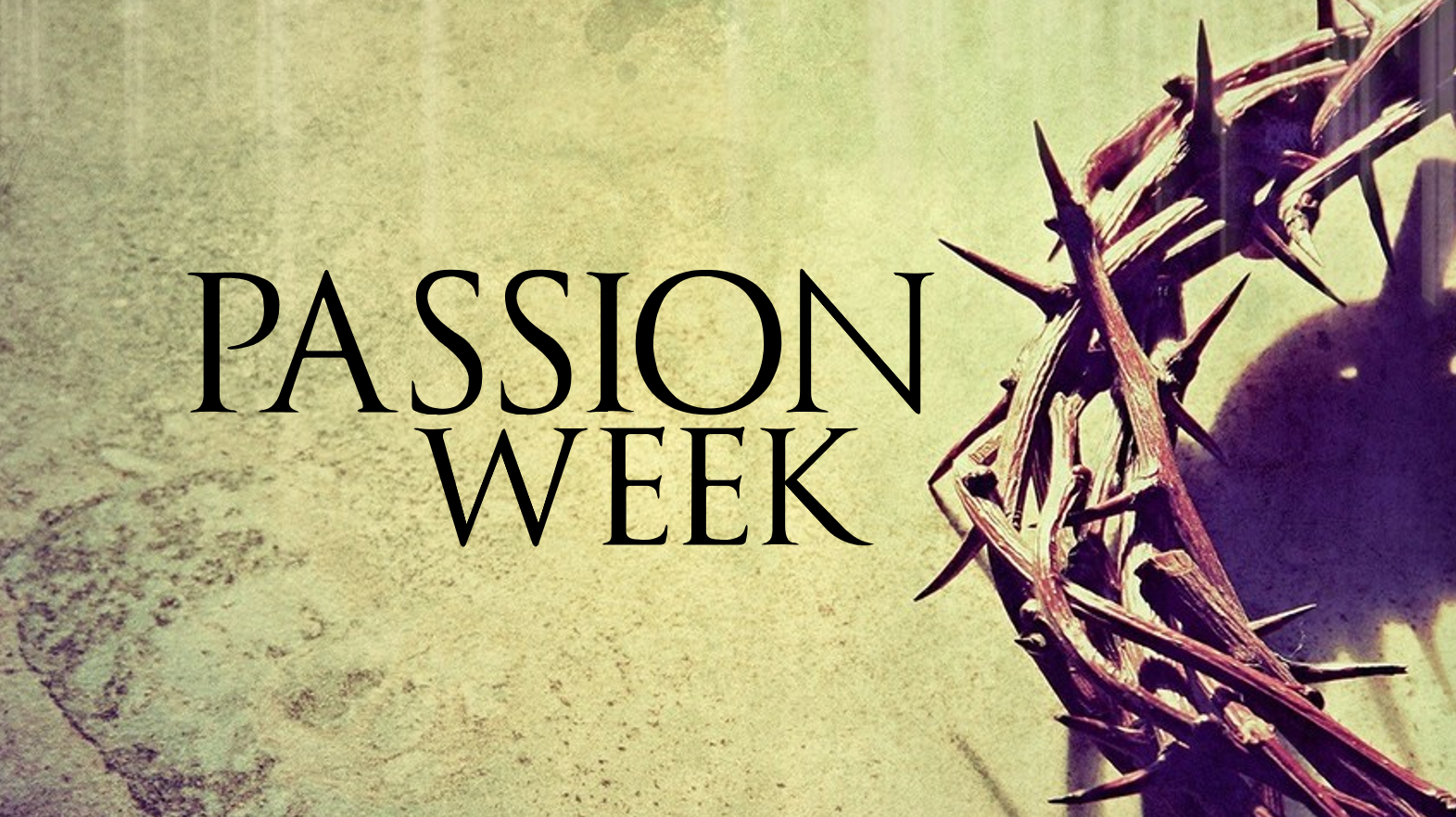A few years ago I wrote to you in this column about the pain and anguish I feel over the impression that so many people have regarding the Bible; they presume it is dull and unexciting to read or hear taught. For some individuals, the apex of this is when one stumbles into a genealogy.
One profound example deals with the introduction to the gospel of Matthew. Here the apostle opens his record of the ministry of Jesus with a lineage from Abraham to  David to Jesus. Some critics take opportunity to rebuke the fact that he left some names out and only focused on particular individuals that he, by inspiration of God’s spirit, felt were critical to the story. He breaks the whole history lesson into three sections that are divided by times of epic upheaval and immense peril. He tells so much in a handful of verses, the least of which is another sleeper sermon. Ironically, I believe that among the most powerful purposes of this biblical record is to write specifically to the very person who often overlooks anything with a list of names in it. You see, if our mis-presumption is built on our naiveté to the narratives, one of the lives we fail to understand is the vessel himself.
David to Jesus. Some critics take opportunity to rebuke the fact that he left some names out and only focused on particular individuals that he, by inspiration of God’s spirit, felt were critical to the story. He breaks the whole history lesson into three sections that are divided by times of epic upheaval and immense peril. He tells so much in a handful of verses, the least of which is another sleeper sermon. Ironically, I believe that among the most powerful purposes of this biblical record is to write specifically to the very person who often overlooks anything with a list of names in it. You see, if our mis-presumption is built on our naiveté to the narratives, one of the lives we fail to understand is the vessel himself.
Matthew was an outcast on many levels. The fact that he was a “nerdy bean counting brainiac” may have been bad enough, in a society that is largely illiterate, to put him on the outside of some friendship circles, but he was also ambitious for wealth to the point of willingness to sacrifice his relationships with neighbors. That he used his education in math skills and gifts in attention to details to advance himself at the expense of his brethren put him in the place of a back stabber among his people. And his willingness to cooperate with the Roman overlords to collect local hard-earned funds for the war coffer abroad made him a political traitor to his kinsman. Whether by personality or pursuits, Matthew was an outcast. And in the business of tax collecting, thievery and brute squad intimidation is part of the lifestyle. But when Jesus grabbed hold of him, everything changed.
Years later when God calls Matthew to write the story, he is quick to chronicle Jesus’ habit of hanging out with the likes of sinners similar to himself. He loves to reveal the scandalous vilification of those reviling Jesus; “a friend of tax collectors, and thieves, and harlots, and drunkards.” So he introduces his log with a very unique chronology of the pedigree of Jesus. He makes sure to bring in some pretty seedy individuals that were not part of the romantic ideas of those who idealize the perfect bloodline for their Messiah. He takes it to an extreme to rebel against the cultural norm and list women in the report. Further, the four he mentions are the most controversial of all because they themselves were outcasts. Among them, two were not even Jews, two were harlots, one was an adulteress; and these were among the great-grandmothers in the “earthly roots” of Jesus who Matthew says to be God’s Savior of the world. And the lifeline of the granddads is even worse sometimes. In essence, he is using his genealogy to speak to every other disqualified, rejected, discouraged, despondent person who feels that acceptance into the family of God is reserved for those who have lived good lives and done things right. Matthew is reaching out to people like himself through his own testimony as he relates how Jesus changed him and called him into a new way of living in the leading of the Holy Spirit. Jesus is the star of the story but it is told through the eyes of this rescued reprobate.
There is so much more I would like to tell you regarding misunderstandings about the Bible like the one I have attempted to shine some light on. Much of the stumbling blocks that people trip over don’t even exist. They are false assumptions, shallow arguments, or naive assertions that can be dealt with fairly efficiently after we get inside of God’s word with a faithful due diligence and authentic desire to understand. But we must remember that knowledge means nothing unless our hearts are changed, and that requires the power of God and the authentic movement of his spirit. Once again, we come back to the simplicity of a genuine prayer and humble heart before God. Let’s start there. It is Palm Sunday this weekend; the launch of Passion Week where the heart of Jesus is revealed, literally to his very last breath. What are you passionate about?
